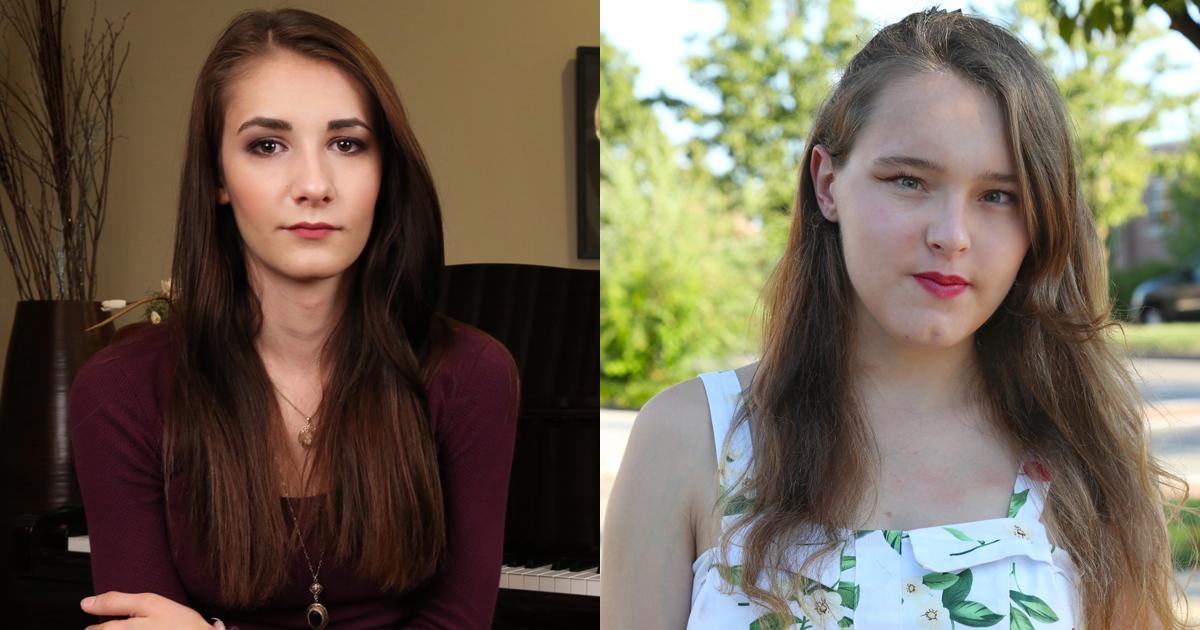Lambda Legal today announced it has reached a settlement with the Pine-Richland School District, forcing the district to end a discriminatory, anti-transgender policy that prevented transgender students from using the bathroom that matches who they are.
The settlement also requires the suburban Pittsburgh school district to include gender identity in its nondiscrimination policies and practices, and to adopt policies that respect transgender students’ gender identity with respect to student records, names, pronouns, and restrooms, among other aspects.
The settlement announced today – which also includes new school district administrative regulations and an undisclosed monetary payment – follows a federal district court ruling in February that temporarily blocked enforcement of the discriminatory policy and ordered Pine-Richland High School to allow transgender students to use the bathroom that matches who they are.
Lambda Legal initially filed a federal lawsuit against the school district on behalf of three transgender students, Juliet Evancho, Elissa Ridenour and A.S., in October 2016.
“This is a victory for transgender students everywhere and sends a clear warning to school districts with anti-transgender bathroom policies,” said Lambda Legal Staff Attorney Omar Gonzalez-Pagan.
“Although Juliet, Elissa and A.S. have now graduated, their courage has opened doors for current and future transgender students at Pine-Richland and elsewhere who will no longer be barred from using the bathroom that matches who they are. The settlement affirms that transgender students, like all students, deserve to be respected for who they are.”
In addition, the school district agreed to the entry of a permanent injunction prohibiting them from ever barring transgender students from the bathroom that matches who they are.
Under the consent judgment filed with the court today, Pine-Richland School District is: “enjoined from enforcing…any policy, practice, or custom…that denies transgender students the access and use of restrooms that match a student’s consistently and uniformly expressed gender identity; and taking any formal or informal disciplinary action against transgender students for using the restrooms that match a student’s consistently and uniformly asserted gender identity.”
”No one should have to go through what we went through and I’m so happy that transgender students at Pine-Richland High will no longer be discriminated against,” Elissa Ridenour said. “All of us had been using the restrooms that match who we are with no problems until some parents and outside groups complained. But, I’m glad the school district finally did the right thing.”
Background
In October 2016, Lambda Legal filed a lawsuit, Evancho v. Pine-Richland School District, on behalf of Juliet Evancho, Elissa Ridenour and A.S., a third transgender student at Pine-Richland High School who was a minor and identified by his initials.
It argued that Pine-Richland’s recently adopted discriminatory restroom policy and practice sent a purposeful message that transgender students in the school district were undeserving of the privacy, respect, and protections afforded to other students.
The lawsuit was filed after the Pine-Richland School Board in September voted to reverse the School District’s longstanding, inclusive restroom practice in response to pressure from anti-LGBT groups and individuals.
The vote followed months of controversy, during which Lambda Legal sent a letter to the district on behalf of several Pine-Richland transgender students, urging officials and the school board to reject the misinformation and to continue treating transgender students equally. Lambda Legal attorneys sent additional letters and were present at several school board meetings.
In February, a federal district court judge granted Lambda Legal’s motion for a preliminary injunction blocking enforcement of the policy, finding that the students were likely to succeed in their claims that the school district’s new policy violated the Equal Protection Clause of the Constitution. The court also denied the school district’s request to dismiss the case. The school district decided not to appeal that ruling and instead to negotiate a settlement.
Pine-Richland School District’s revised nondiscrimination policies and practices can be found here.





